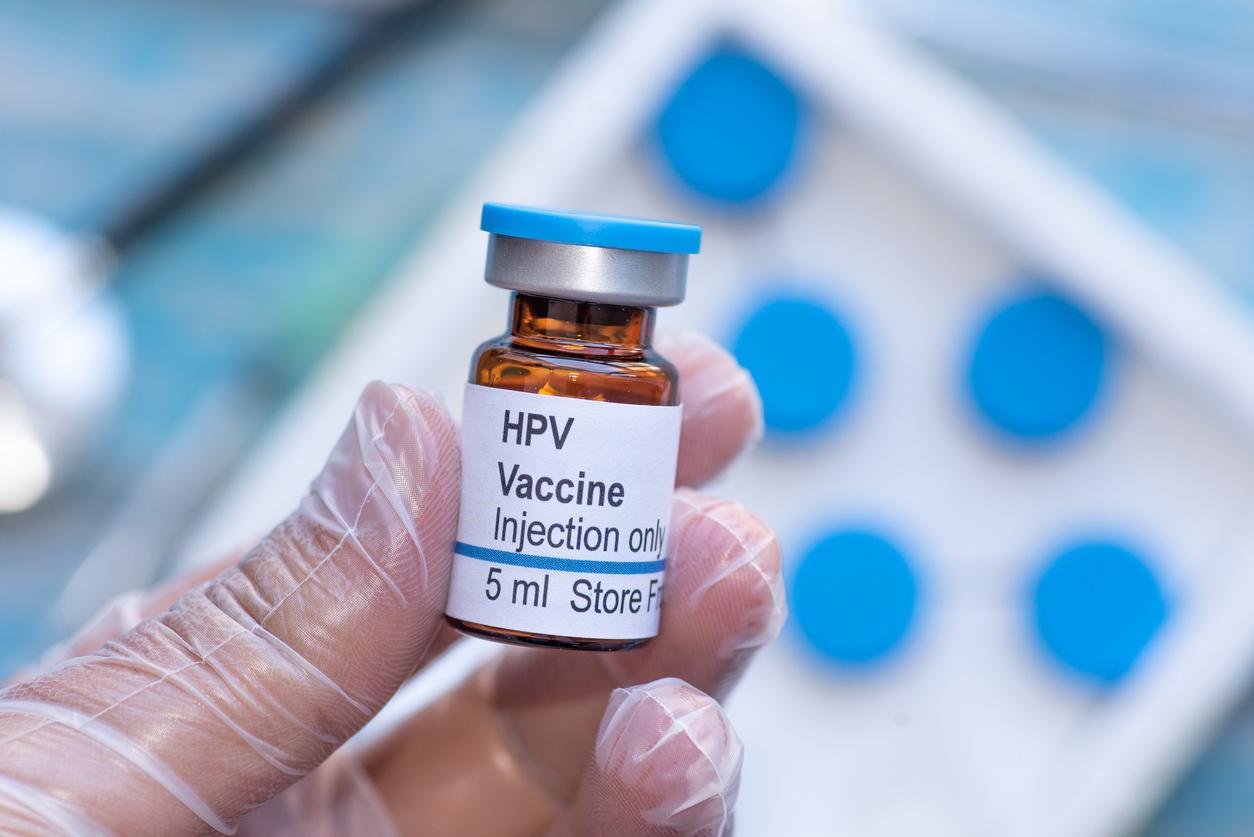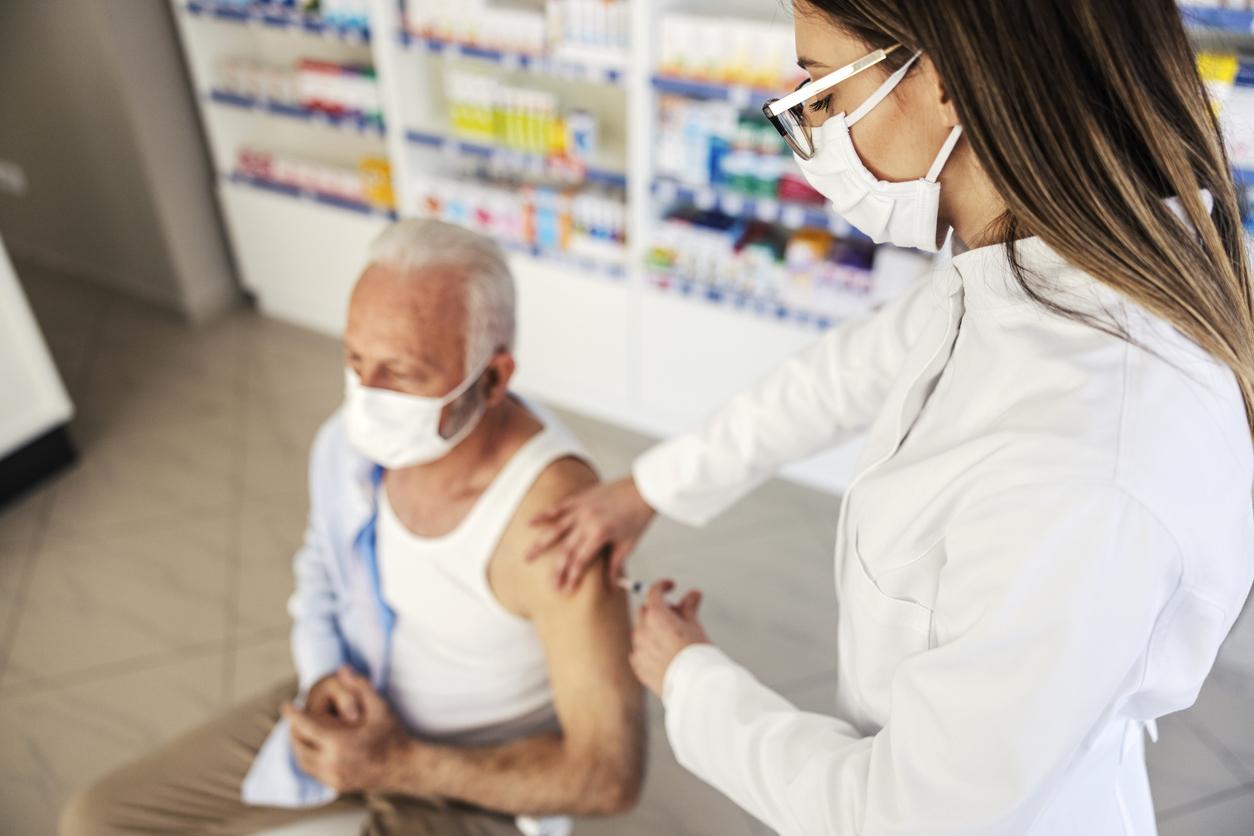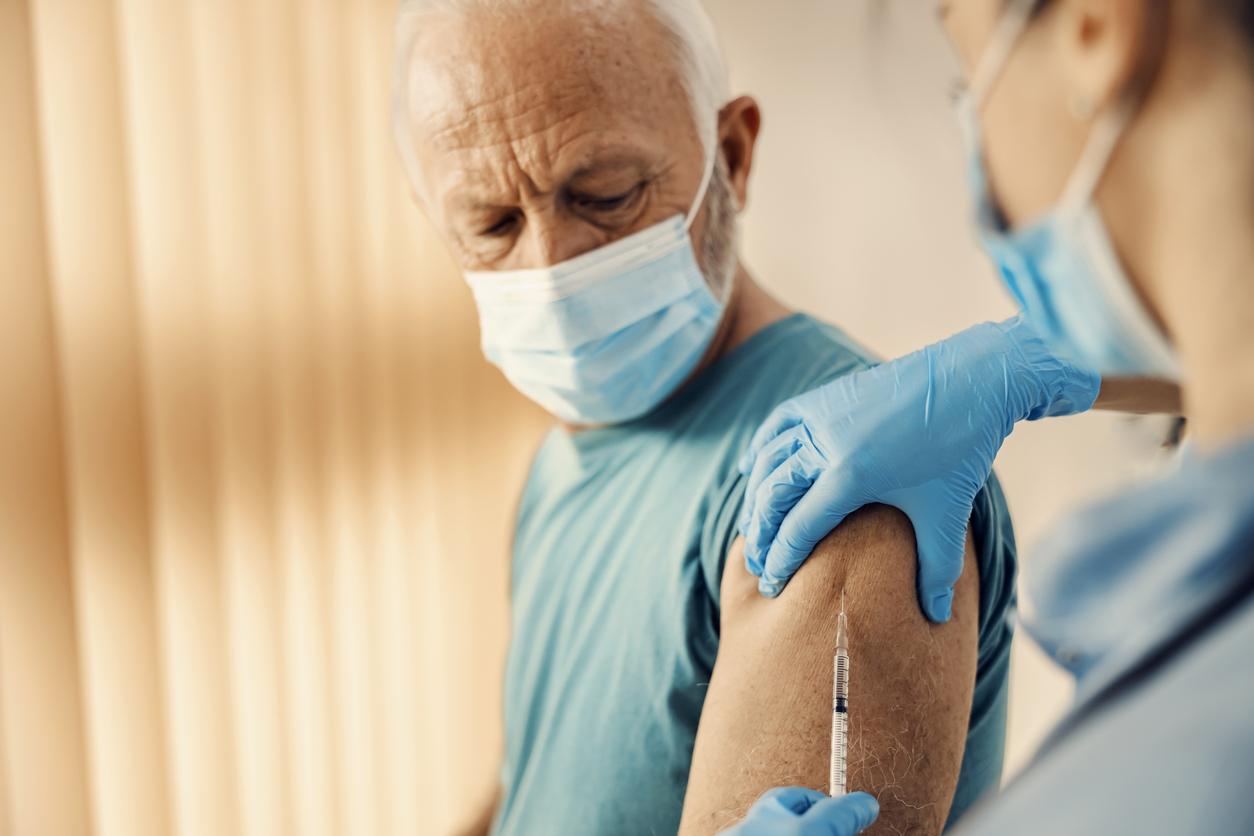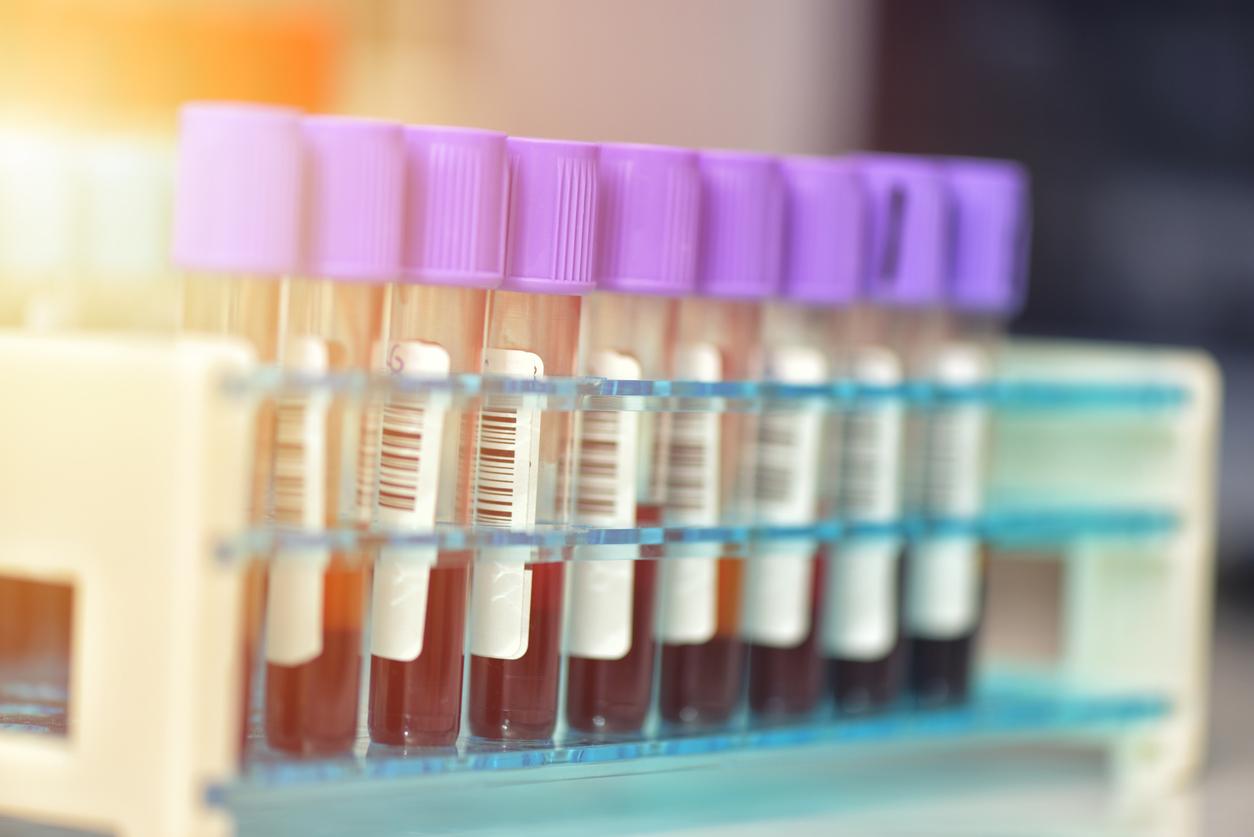The World Health Organization (WHO) is campaigning to develop a vaccine against a bacterial infection responsible for the death of 150,000 babies each year.

- 15% of all pregnant women worldwide carry the bacteria responsible for GBS infections in their vagina.
- Group B streptococcus (GBS) is a common bacteria that can be passed to the baby in the womb, during childbirth or in the first few weeks of life.
- Group B streptococcus (GBS) causes sepsis and meningitis.
“A vaccine is urgently needed to prevent deadly group B streptococcal infections.” In a press release, the WHO calls for the mobilization of Statesfollowing the publication of a new study revealing that this bacterium is a leading cause of premature births, disability and death of infants worldwide.
A much larger load than expected
“The global burden of group B streptococci is far greater than previously acknowledged,” say public health experts. Indeed, they are associated with more than half a million premature births per year, and lead to nearly 100,000 newborn deaths as well as significant and long-lasting disabilities. While the bacteria is harmless to most pregnant women who carry it, it can be extremely serious when passed to an infant during pregnancy, during childbirth or in the first weeks of life.
Dr Phillipp Lambach, a physician in the Department of Immunization, Vaccines and Biologicals at WHO and author of the report, said: “The urgent development of a maternal GBS vaccine would have tremendous benefits in countries around the world.” It is estimated that if vaccination against group B streptococci reached more than 70% of pregnant women, more than 50,000 GBS-related deaths could be prevented each year, as well as more than 170,000 premature births. According to the report, the net monetary benefits resulting from one year of maternal GBS vaccination could reach US$17 billion, spread over several years, if the price of the vaccines is affordable.
Vaccines in development… for thirty years
Several candidate GBS vaccines are in development, but none are yet available, although they have been in development for several decades. Professor Joy Lawn, director of LSHTM’s Maternal Adolescent Reproductive & Child Health (MARCH) Center and contributor to the report, laments: “30 years after the first proposal, the world still has not produced a vaccine”.
Currently, antibiotic prophylaxis given to a woman during labor is the main way to prevent group B strep disease in newborns, if the bacteria is detected during pregnancy. “However, even in regions with high prophylactic coverage, significant health risks remain,” explains the WHO.
Importantly, the greatest burden of GBS is in low- and middle-income countries, where screening and administration of antibiotics during childbirth are more difficult to achieve. The highest rates of maternal GBS infection are found in sub-Saharan Africa (accounting for about half of the global burden) as well as East and Southeast Asia.

.
















